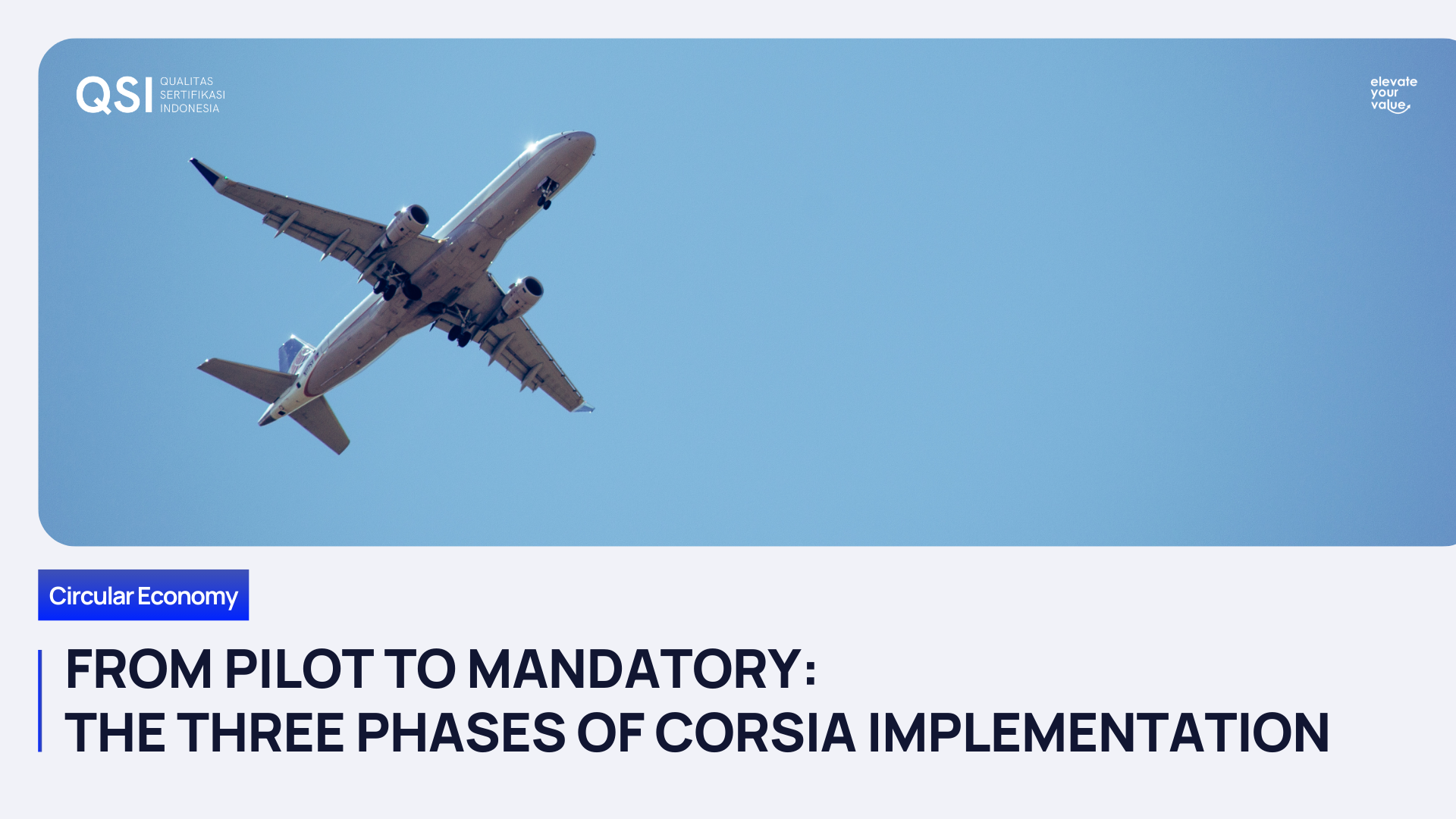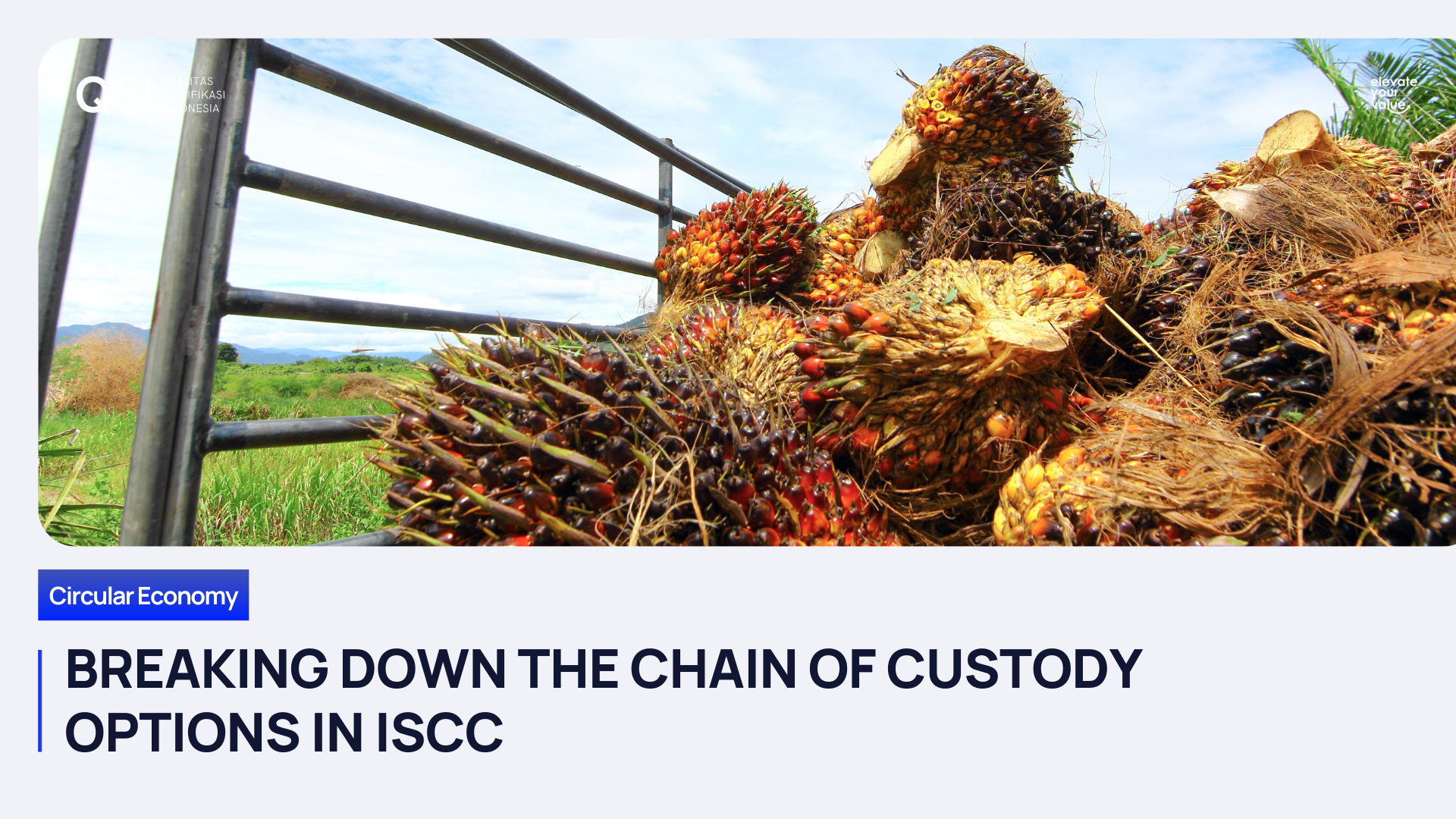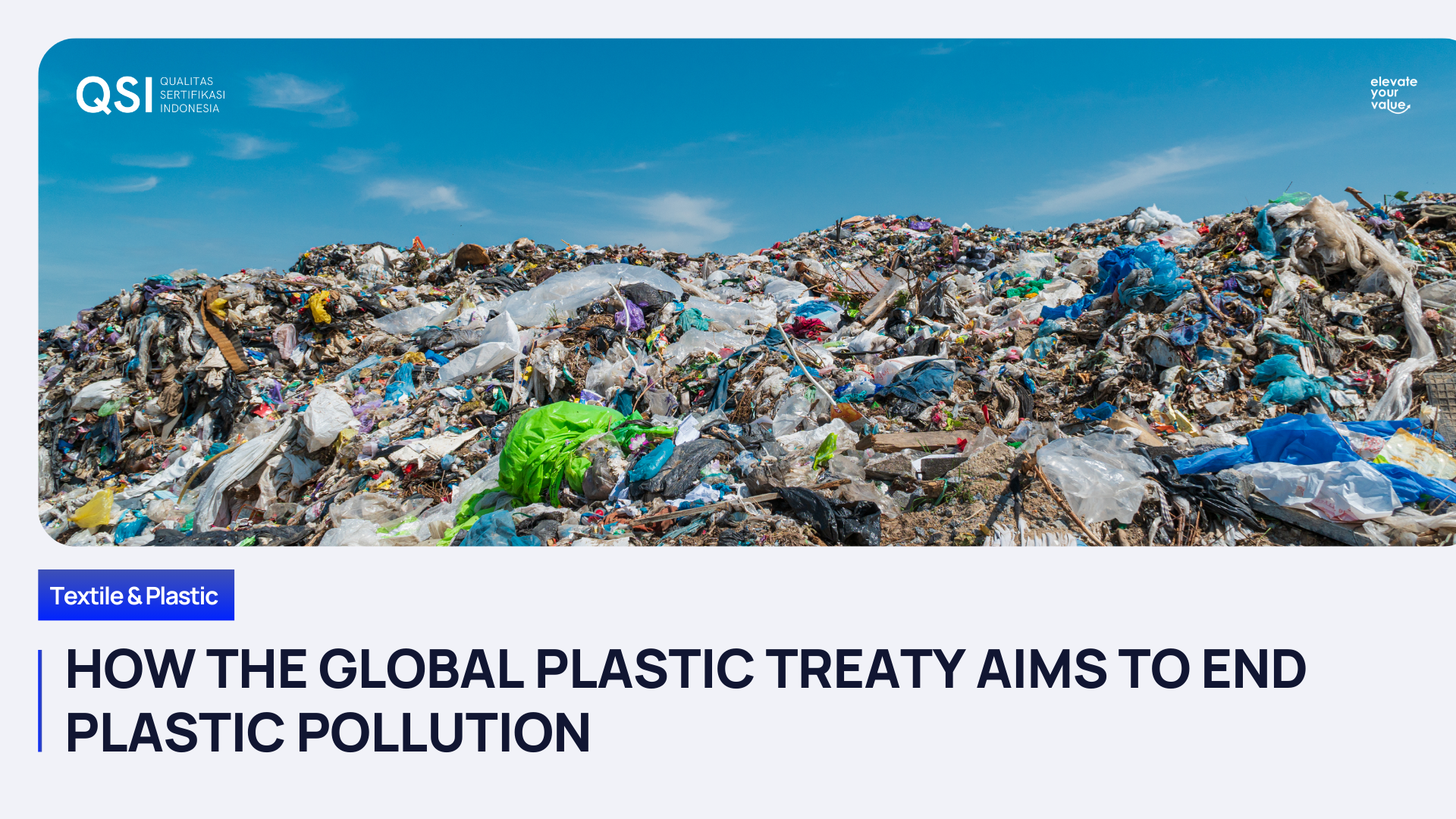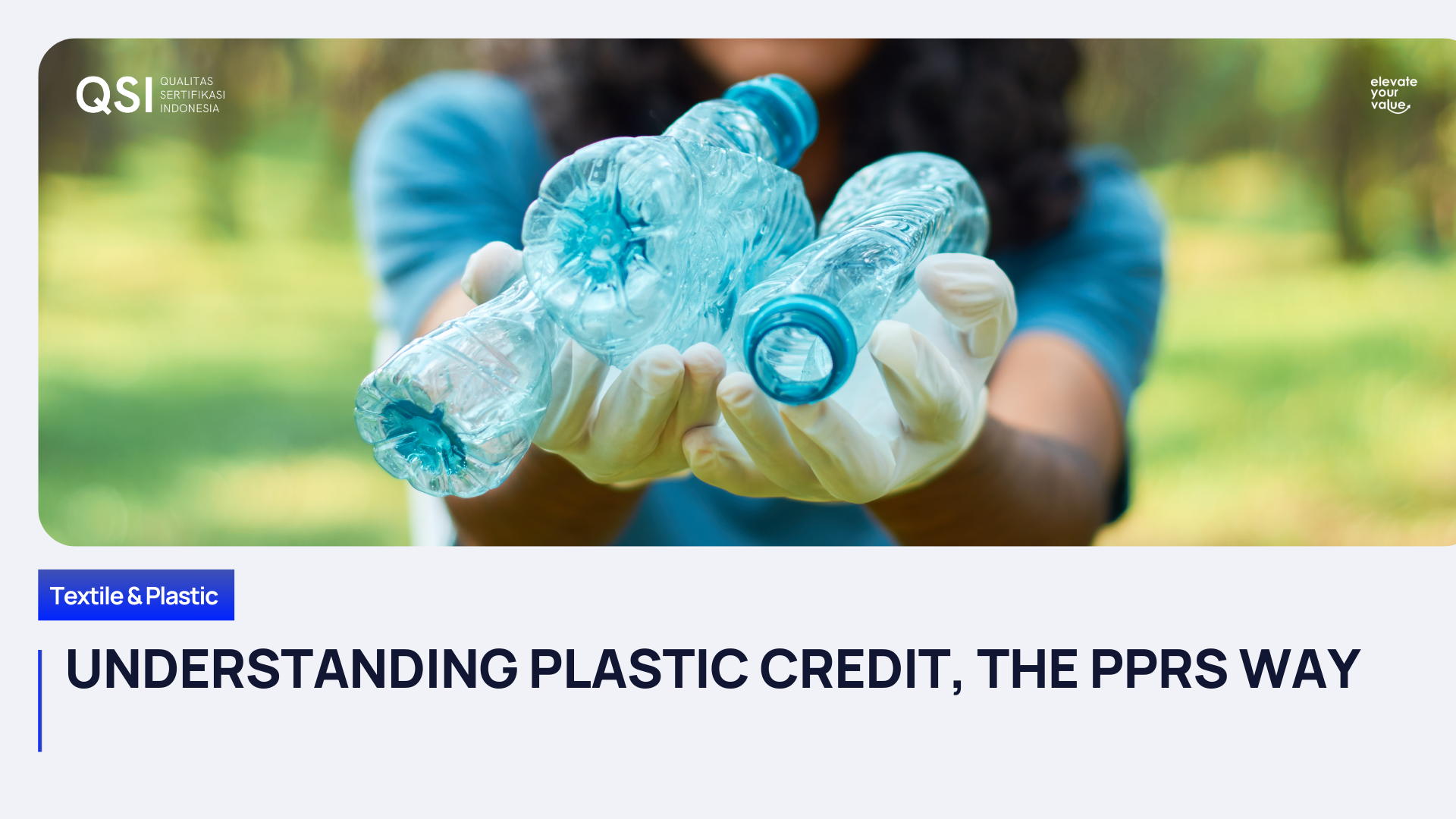Saving People and Planet through the Ocean Bound Plastic Certification Program
Hi Qualizer! Back in the conversation spotlight with us for another enlightening discussion. Plastic pollution has emerged as a global crisis, with millions of tons of plastic finding its way into our oceans each year. This environmental menace poses a significant threat to marine life, ecosystems, and, subsequently, human societies. However, the battle against ocean bound plastic is not just about saving the planet; it also holds the key to unlocking substantial social and economic benefits for people around the world.
That’s where the Ocean Bound Plastic Certification Program comes in. Designed by Zero Plastic Oceans, it serves as a catalyst for removing ocean bound plastic from the environment. Its strategy involves adding value by adeptly collecting and treating ocean bound plastic before it can reach the oceans.
Within its comprehensive framework, the Ocean Bound Plastic Neutrality Certification Subprogram places a spotlight on addressing the challenge of non-commercially recyclable OBP waste. This category typically lacks value for waste pickers or collection organizations. The primary goal is to ensure the ethical collection and treatment, effectively eliminating this non-commercially recyclable OBP waste.
Concurrently, the Ocean Bound Plastic Recycling Certification Subprogram targets commercially recyclable OBP waste, which possesses value and can be sold to local recyclers. The emphasis here lies in guaranteeing the ethical conversion of this OBP waste into new products. This approach aligns with sustainable practices and contributes to the circular economy.
Moreover, the program incorporates the Social+ Ocean Bound Plastic Certification Component, a unique facet that exclusively concentrates on the fair and ethical treatment of informal waste pickers. This aims to provide direct benefits tailored to the specific needs and situations of these individuals, ensuring their inclusion in the broader efforts to address OBP challenges.
Its impact is substantial and extends across environmental, ecological, and human health dimensions.
Creating Jobs and Empowering Communities
Millions of informal waste pickers, particularly in developing countries, rely on collecting plastic for their livelihoods. These initiatives create a stable, reliable source of income for these marginalized communities, improving their living standards and fostering social well-being. It can also create entrepreneurial opportunities for individuals and small businesses.
This includes ventures related to the development of eco-friendly products, the establishment of recycling centers, or the implementation of innovative solutions for plastic waste management. Furthermore, collecting and processing ocean bound plastic necessitates investments in waste management infrastructure, particularly in regions lacking proper systems. This not only benefits waste pickers but also improves public health and sanitation and creates job opportunities for entire communities.
Contribution to Circular Economy
OBP can be recycled into high-quality materials such as recycled polyester, which is commonly used in the production of clothing, textiles, and packaging, establishing a closed-loop system that lessens dependence on the production of virgin plastic. This practice not only preserves finite resources but also diminishes the environmental impact associated with the manufacturing of plastic products.
Mitigation of Health Risks
OBP in the environment poses health risks to both marine life and, subsequently, human populations. As plastic breaks down into smaller particles, it can release harmful chemicals into the water, potentially contaminating seafood and posing risks to human health. By actively removing OBP waste, we reduce the likelihood of these contaminants entering the food chain.
Preservation of Marine Ecosystems
OBP can have detrimental effects on marine ecosystems. By removing this waste, we prevent its negative impact on aquatic life, including fish, seabirds, and marine mammals. These animals can mistake plastic debris for food, leading to ingestion, entanglement, and, ultimately, harm to the marine species and their habitats.
Reducing the Demand for Virgin Plastic
Recycling OBP also plays a crucial role in addressing climate change by diminishing the demand for virgin plastic. Virgin plastic is primarily derived from fossil fuels, contributing to greenhouse gas emissions and exacerbating climate change. According to the Plastic Pollution Coalition, the production of plastic accounts for nearly 6% of global oil consumption, and the extraction and processing of fossil fuels for plastic production contribute significantly to carbon emissions.
Positive Impact on Tourism
The removal of OBP contributes to the beautification of natural landscapes, such as beaches and coastal areas. This has positive implications for tourism, as cleaner and more pristine environments are more attractive to visitors. Sustainable tourism, in turn, can contribute to local economies and promote environmental awareness.
The fight against ocean bound plastic is not just an environmental imperative; it's a pathway to a brighter future for humanity. By reducing plastic pollution, we can create jobs, empower communities, stimulate economic growth, improve public health, and preserve the biodiversity of our oceans. It's a collective responsibility to take action and invest in sustainable solutions that benefit both people and the planet.
Ready to make a positive impact? Dive into the details of the
Ocean Bound Plastic Certification Program on our website or
talk with us directly. Our team is eager to assist you in becoming a part of this transformative initiative!
Recent posts
Drop us a line
Contact Us
Share








